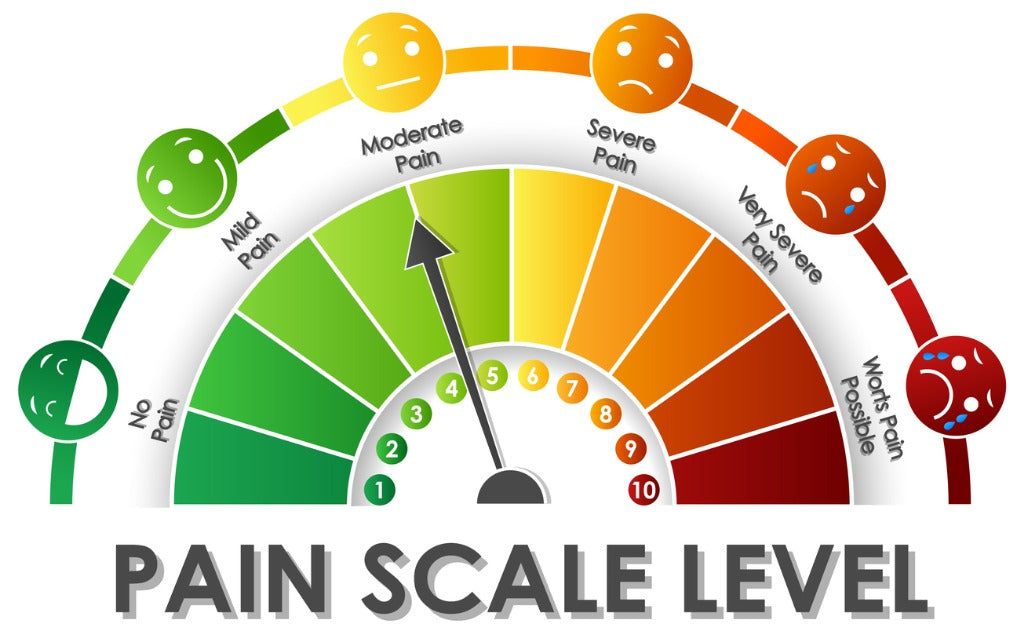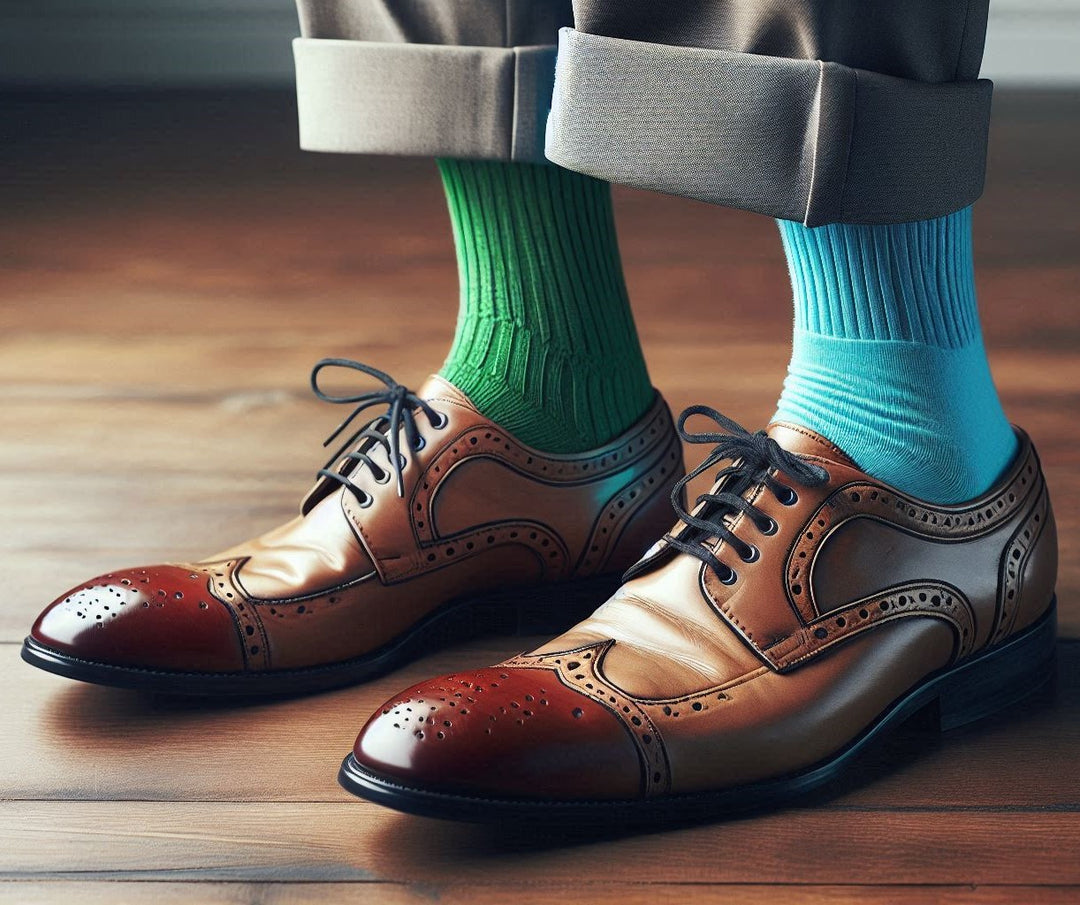Decluttering Your Space And Mind
The Benefits Of Minimalist Living For Seniors: Decluttering Your Space And Mind
Embracing minimalist living as a senior can significantly enhance one's quality of life by decluttering both the physical space and the mind. For seniors, simplifying their living environment can lead to a more manageable and safer space, reducing the risks of accidents while promoting ease of mobility. This decluttered space mirrors into mental clarity, as a less cluttered environment contributes to reduced stress levels and an overall sense of calm.

The psychological benefits are profound; with fewer distractions, seniors can focus on activities that bring joy and fulfillment, whether it’s spending time with loved ones or pursuing hobbies.
Moreover, minimalist living encourages a thoughtful evaluation of possessions, leading to a deeper appreciation for what truly matters. This perspective fosters emotional wellbeing by shifting focus from material possessions to personal relationships and experiences that enrich life. The act of downsizing and letting go also offers an opportunity for seniors to share stories and pass down meaningful items to younger generations, creating lasting bonds.

Ultimately, minimalist living for seniors isn't just about removing physical clutter but about crafting a lifestyle filled with purpose, peace, and contentment.
Practical Tips For Downsizing And Simplifying Your Home As A Senior
As a senior, embracing minimalist living not only declutters your physical space but also brings a profound sense of peace and simplicity to your life. Downsizing and simplifying your home may seem daunting at first, but with thoughtful steps, it can be an incredibly rewarding process. Start by focusing on one room at a time, identifying items that hold genuine utility or sentimental value.

This methodical approach prevents the task from becoming overwhelming and allows you to make deliberate decisions about what truly enriches your life.
Consider adopting the mantra of quality over quantity. Opt for fewer, but higher-quality items that bring you joy and comfort, while letting go of duplicates and things that no longer serve a purpose. This not only frees up physical space but also reduces the time and energy spent on maintenance.
Engage family members or close friends in the process; they can offer support and perhaps find joy in items that are meaningful to them. Additionally, selling or donating items can provide a sense of contribution to others' lives.
Ultimately, simplifying your home as a senior is about creating a serene environment where every item around you serves a purpose or brings happiness. It’s about decluttering not just your living spaces but also decluttering your mind for a more peaceful and fulfilling lifestyle.
Embracing A Minimalist Lifestyle In Retirement: Prioritizing Possessions And Streamlining Belongings

Embracing a minimalist lifestyle in retirement unfolds a chapter of life where the focus shifts from accumulation to prioritization. For seniors, this transition is not merely about decluttering physical space but also about streamlining belongings to enhance their quality of life. The essence of minimalism for retirees lies in recognizing that each possession should serve a purpose or bring joy, rather than just occupy space.
As we age, the appeal of simplicity becomes more pronounced. A clutter-free environment reduces stress, enhances safety by minimizing trip hazards, and simplifies cleaning and maintenance tasks. However, prioritizing possessions goes beyond the physical realm; it's about reflecting on what truly matters. Seniors are encouraged to reassess their belongings with a critical eye—keeping items that have sentimental value or are essential for daily living while letting go of those that no longer serve a purpose.
Streamlining belongings in retirement is also an opportunity to pass on cherished items to family members or donate them to someone in need, adding an emotional richness to the minimalist journey. By consciously choosing which possessions to keep, seniors can create more room not just in their homes but also in their minds for new hobbies, experiences, and memories—a true embodiment of minimalist living.
Creating A Clutter-Free Environment For Senior Well-Being And Mental Clarity
Creating a clutter-free environment plays a crucial role in enhancing the well-being and mental clarity of seniors. The process of decluttering goes beyond mere physical tidiness, extending into the realms of emotional and psychological health. For many seniors, the spaces they inhabit are not just physical locations but repositories of memories and emotions. However, an overly cluttered space can lead to feelings of stress and overwhelm, making daily activities challenging and impeding one’s ability to think clearly.
The journey towards a minimalist living involves carefully evaluating possessions and deciding what truly adds value to one’s life. This does not mean discarding everything with sentimental value but rather creating an environment where every item has its place and purpose. For seniors, this simplified environment can drastically reduce the cognitive load required to navigate their living spaces, making it easier to focus on what matters most – their health, hobbies, and relationships.
Moreover, a clutter-free space can significantly improve safety by reducing trip hazards and making it simpler for seniors to maintain cleanliness. In essence, minimalist living for seniors is less about giving things up and more about gaining freedom—freedom from clutter, unnecessary stress, and distractions—thereby fostering a sense of peace and mental clarity that enhances overall well-being.
Sustainable Living For Seniors: Mindful Consumption, Functional Design, And Environmental Impact
Embracing minimalist living as a senior not only declutters your physical space but also aligns with sustainable living practices, contributing positively to both personal well-being and the environment. Mindful consumption is at the heart of this approach, encouraging seniors to reflect on their needs versus wants. This mindfulness extends beyond mere possessions to include a consideration of the environmental impact of each item they choose to keep or purchase.

By opting for quality over quantity, seniors can reduce waste and ensure that the items they surround themselves with serve a purpose and bring joy.
Functional design plays a crucial role in minimalist living for seniors, focusing on creating spaces that are not only aesthetically pleasing but also practical and safe. Furniture and items that serve multiple purposes can reduce clutter while maintaining comfort and accessibility.

Moreover, by adopting sustainable habits—such as recycling, using energy-efficient appliances, and minimizing plastic use—seniors contribute to environmental preservation. Minimalist living thus becomes an act of eco-consciousness, where each decision reflects a commitment to leaving a lighter footprint on the planet. This holistic approach fosters a lifestyle where simplicity leads to fulfillment, both personally and globally.





